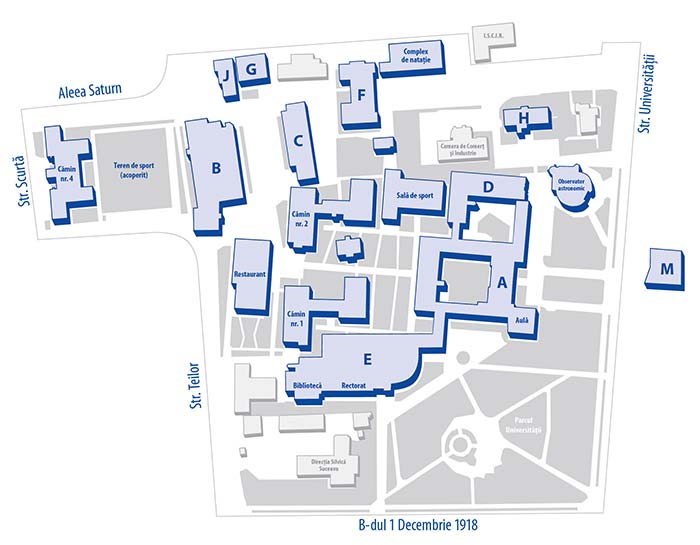Last update: 18 Sep 2014 @ 09:06am
PIs: Aurelian ROTARU
Azzedine Bousseksou
The present project is a fundamental research project in molecular spintronics, an emerging field at the frontier between spintronics and molecular electronics. Although the spintronics was at the origin a subject of fundamental research, its economic and social consequences have become tremendous in the timescale of years. Similarly, controlling a spin-based electronics at the molecular level [Nature Chem. 2 (2010) 346] could have in a near future a growing economic and social impact.
This project focuses on the investigation of charge transport and magneto-transport properties of new molecular spin transition systems (a family of molecular switches) at the nanoscale. Indeed, while magnetic and optical properties of these compounds have been extensively studied, their electrical properties remain largely unexplored. Very recently, a few encouraging results in the literature have indicated spin-state dependent charge transport behavior in spin crossover molecules and spin crossover nanoparticles. However, in all these studies the elaboration and characterization of the devices remains extremely inadequate leading to many uncertainties in the interpretation of the observations. In particular, there is a strong discrepancy with the bulk properties. Nevertheless, all these results are remarkably important from a fundamental point of view on the international stage and suggest exciting perspectives for applications in the fields of molecular nanoelectronics and spintronics.
Our joint work concerns the study of bistable molecular materials with high potential for the realization of molecular memory devices types, digital displays and optical sensors at nanoscale dimensions. The French partner has extensive internationally recognized expertise in the field of chemical synthesis, design and characterization of physical properties of switchable molecular materials while the Romanian partner has a vast complementary expertise in the characterization of the electrical properties of the solid state materials and electronic devices. Based on this complementarity of the two research groups, we plan to perform an in-depth analysis of the spin state dependence of electrical properties, at different size scales. To this end, we will use state-of-the art nanotechnology to integrate in a well-controlled manner various spin crossover nano-objects into nanoelectronic devices with the aim to explore the electrical properties of the material from the bulk (transport by successive hopping of charge carriers) to the nanometer scale (tunneling transport).
We aim to study transport through an ensemble of particles, but also through a single object. We plan to study electrical properties under static (dc) and dynamic (ac) regimes in order to better understand the charge transport mechanism. We intend to explore for the first time the magneto-transport properties as well. In each case a careful complementary chemical and structural analysis will be carried out. The main interest of this family of molecules is that their spin state can be changed using various parameters such as temperature, pressure or light irradiation. Here, for the first time, we will add a new parameter (gate voltage), which is expected to act as a novel driving force within the bistability region. These results would constitute major breakthroughs in the field of molecular spintronics. In addition to generate new knowledge, we expect to explore new concepts that will enable manufacturing of new nanotechnology-based molecular devices, with particular relevance in the fields of nanoelectronics and molecular spintronics.
 ×
×